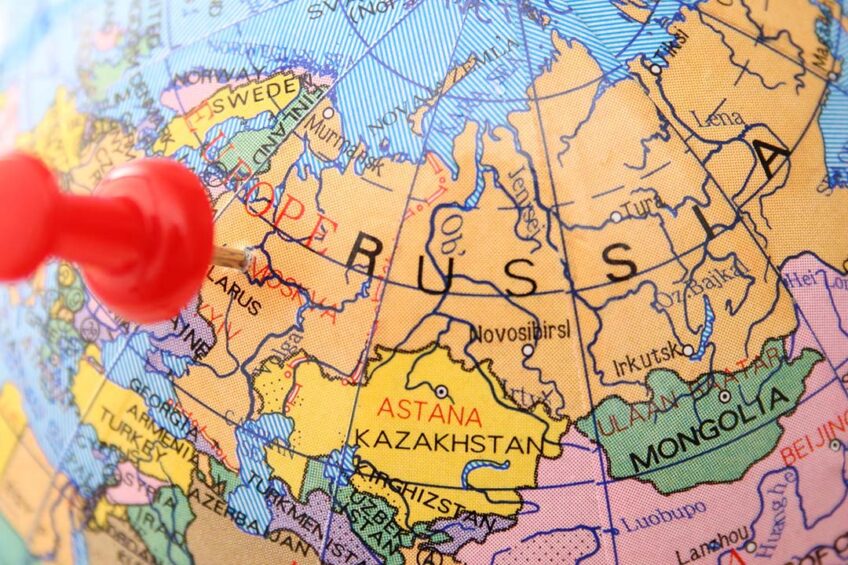Poultry disappears from the grocery shelves in Russia

In the first weeks of 2024, occasional shortages of poultry were reported in the biggest Russian cities, Yekaterinburg, Chelyabinsk, Ulyanovsk, and Samara, as well as in some parts of Moscow. The authorities insist that poultry is in sufficient supply, while retailers and farmers partly acknowledge the problem.
Russia’s poultry and egg market has experienced a supply deficit, accompanied by unprecedented price turbulence in the second half of 2023. To deal with the crisis, the government resorted to extraordinary measures, including imposing a duty-free imports of 160,000 tonnes of poultry and launching urgent egg imports from Turkey and Azerbaijan.
During a government meeting at the end of December, Russian deputy prime minister Victoria Abramchenko outlined that she expected the price situation in the Russian poultry market to stabilise by the end of the January holiday on 8 January.
Retailers blame blizzards
However, new reports about supply shortages triggered concerns among customers.
The temporary poultry shortage is primarily attributed to the abnormal snowfall and frost in some Russian regions, X5 Group, a prominent Russian food retailer, said in a statement on its social media channels.
Indeed, blizzards swept across large swathes of Russia in December, carpeting several cities, including Moscow, in one of the biggest snowfalls in decades. In some regions, the transport system was paralysed by weather conditions.
Business as usual
Russian poultry production is almost at the level of the previous year, said Galina Bobyleva, general director of Rosptitsesoyuz, a Russian poultry industry union, insisting that production is sufficient and there is neither a shortage of poultry nor eggs.
Avian influenza is also not having a tangible impact on the Russian poultry industry’s production performance, Bobyleva said: “Some farms shut down operation, some resume.”
Russia was hit by a series of avian influenza outbreaks in the middle of 2023. The last was reported in August 2023 at the Bashkirskaya poultry farm, where 2 million chickens were culled as a result.
A mix of factors
The existing challenges in the Russian poultry and eggs markets are not associated with one factor but with a mix of different issues, Vladimir Belkov, deputy director of the Russian poultry farm Chaikovskaya, told local publication Novie Izvestia.
Avian influenza hampered operations, plus there is a seasonality factor in play – during the autumn and winter months, the productivity of poultry is lower than during the rest of the year, he stated.
The problems are also partly associated with Western sanctions. Russia faces a disruption in imports of spare parts and components for European equipment installed at poultry farms. Belkov said that in the past, it took Russian farmers several weeks to source necessary spare parts, while now this process can take 2-3 months and, in some cases, up to half a year.
Most of the equipment at the modern Russian farms was purchased in Europe, primarily in Germany. Russian firms manufacture only a limited range of equipment for poultry farms, Belkov said, adding that some Russian poultry farms was forced to downsize operations.












